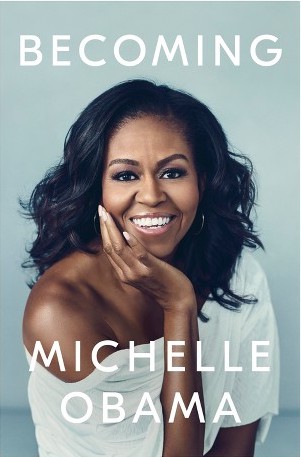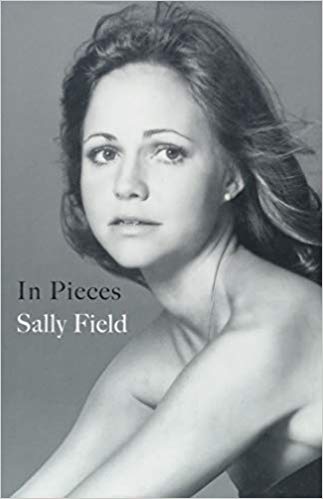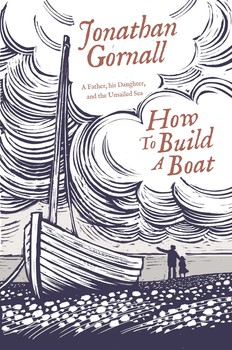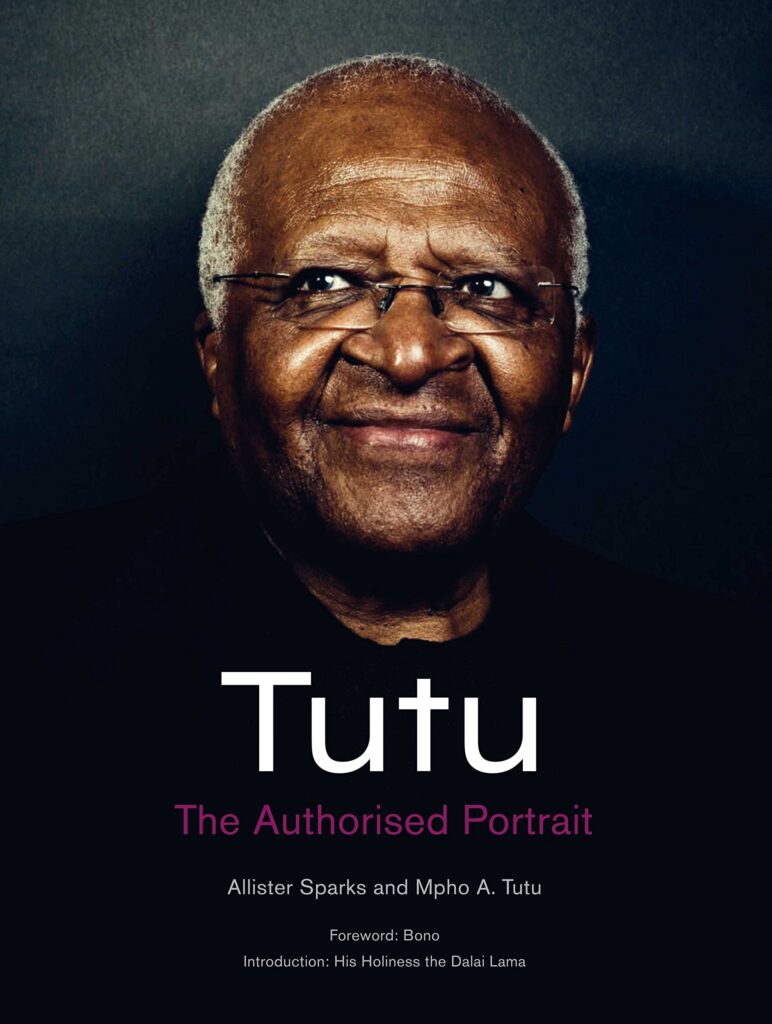Becoming by Michelle Obama

This is a book to be savored, although others may prefer to hole up and read it in one glorious sitting. The brilliance of this story is that it’s a powerful narrative of becoming that includes skid marks, side roads, dirt tracks (a kind of unbecoming) and then an accelerated ride to a more confident and fulfilled self.
Michelle Obama’s clear-eyed telling of her own story, her wrestling of where she came from, where she is today and the limits of power once leaving the First Lady domain, including the roll back of important policies, all make for compelling reading.
And for those still hoping, she dismisses out of hand ever standing for political office saying her commitment and energy is with her foundation in advancing women’s and girls’ rights and opportunities. Importantly, it is a pared back version of a journey that leaves out a ton of detail that might have been interesting to some but that would have been a noisier, busier telling of the story.
For anyone attuned to issues of race, class, gender, and social justice, as much as the powerful story of a woman of color from Chicago who went on to become the First Lady of America, this is a must read. Of course, it’s meant that I’ve had a hard time reading several of the other recently published autobiographies that include way too much detail and lose the power and beauty of a story clean in its bones.
In Pieces by Sally Field

This isn’t a Hollywood style memoir, it’s an honest (wrenching) telling by Field of her experiences and emotional journey over the course of her life. It reminds me of the Buddhist monks who make pots, smash them and then paint gold in the cracks to reflect the beauty in the cracks made whole.
Field herself wasn’t even sure she would publish what she’d written. As she said, “I wrote it for myself. I didn’t know whether I’d ever have the guts to publish it,” she says. “[But] I felt this urgency, this anxiety, this need to find something that was festering in me. … I found out that I had to put all the pieces out in front of me and try to fit them together and see if I could witness something … and know the answer to why I was feeling this way.”
So, Sally Field puts a mirror up to her life and the result is an unflinching story of her choices and her reflections. It’s not a comfortable read, yet it is compelling. Spoiler alert: the men in her life don’t come out looking great, except for her sons.
Where the Crawdads Sing by Delia Owens

This book sold out within days at our independent bookshop in Sausalito, and dozens of people were on the waitlist at our library. It’s a terrific debut by Delia Owens as a coming of age story, a love story and murder mystery set in marsh lands off the North Carolina coast.
Owens says that, when setting out to write this story ten years ago, she wanted to explore how isolation affects a person. The central characters, Kya, Chase and Tate, are introduced through alternate chapters that hurtle forward and move back from the time of the murder. The only jarring notes for me were the homilies and excerpts from poems scattered throughout that seemed too ‘planted’ for a story that was a great read without these diversions.
It’s very much Southern fiction – and nature fiction – in that Delia Owens is gifted in her sensuous capture of the natural world and one girl’s response to the marsh after her mother suddenly left: ‘Kya laid her hand upon the breathing, wet earth, and the marsh became her mother.’
How to Build A Boat – A Father, His Daughter and the Unsailed Sea by Jonathan Gornall

Maybe it’s because I live on a boat that I found this book irresistible. I found it at Matilda Books in the Adelaide Hills, my favorite bookshop when I’m back home in Australia. In this book, UK writer Jonathan Gornall, who lives in Pin Mill, decides to build his 4-year old daughter, Phoebe, a boat as a second-time late-in-life 58-year-old father to a girl.
At one point early in the book, Gornall addresses his daughter directly about why he decided to build her a boat:
‘So yes, I decided, not only could I do it, but I should do it. And the more I thought about it, the more it seemed like the single most sensible and appropriate gift I could offer you. I want to bequeath you the sea, my darling girl, for you to love it, as I have loved it, for its beauty and its drama and the pulse-quickening promise it holds of what lies beyond the horizon. Perhaps the greatest attribute of the sea is that it is not the land, a place scarred and hemmed in by all the empty noise and hollow things of modern life. To consider the sea, however, is to free the mind to roam an unbounded terrain over which so many human beings have passed before, on their way to joy or tragedy, triumph or disaster, yet without one ever having left a trace. As such, the sea is the sworn ally of imagination…
…It will be both a gift, and for me and for you, a life lesson – a thing of inherent beauty that, in having no real purpose, has many. And in the improbable act of making that boat, no matter how crudely fashioned it might turn out to be, I hope to equip you not only with a joyous plaything, but with a reference point, a timeless sanctuary from the chaotic tumble of pressures that is modern existence. Perhaps it will help you to see that success need not be defined only by fame or fortune, the narrow parameters of the digital age, and that from time to time it is not only permissible, but perhaps vital, to do things solely for their own sake, and to attempt to achieve things that appear unachievable.”
Building the larch and oak wooden boat gave Gornall time with his daughter, a connection to the childhood he had loved, and a gift of the sea. Importantly, Gornall builds the boat with zero experience and yet brimming with love and hope. Which is why this story is a gift for those who read it, as much as for Phoebe.
Tutu: The Authorized Portrait – (Re-read)
By Allister Sparks and Mpho A. Tutu

This portrait of Archbishop Desmond Tutu, created by his daughter, Mpho, and the late Allister Sparks, renowned African writer, journalist, and political commentator, is a fitting tribute, and an emotional read, for those who experienced apartheid in South Africa and for the many who were active members of the anti-apartheid movement. The photos (especially the black and white ones) return us to those times and remind us of the thousands of people who gave their lives for freedom. In his tribute, Bono writes, ‘Surely laughter is the evidence of freedom.’ Bono goes on to say, ‘When the archbishop laughs, you hear, and you feel his freedom. For me, he’s not just a graceful man but the embodiment of this most radical and transformative of words – grace – a quality impossible to define and difficult to evoke, but we know it when we see it, and we see it in him.’ Yes.
Some of the most moving sections of the book are the stories of reconciliation and forgiveness that came about because of the Truth and Reconciliation Commission:
Toward the end of the Commission’s hearings, a Dutch Reformed Church minister, the Reverend Ockie Raubenheimer, invited Tutu to preach in his suburban Pretoria church. It was a significant invitation, not only because of the Afrikaner church’s long role in supporting apartheid but also because Raubenheimer had been a Chaplain in the South African Defence Force. The two men had thus been at opposite ends of the theological civil war; now they were to appear together before a congregation of Afrikaner notables.
The service began cautiously, with Raubenheimer speaking of the Afrikaners’ role in the past, saying there was much to be proud of but there had also been some mistakes. But after Tutu’s sermon in which the archbishop referred to the “evil deeds” of the past and the need for a leader to step forward and help the people come to terms with what had been done, Raubenheimer unexpectedly stepped forward. “I am not scheduled to speak and actually I am not sure what I am going to say,” he began. Then, turning to Tutu, he said, “As a minister in the Dutch Reformed Church for twenty years, as a chaplain in the defence force, I want to say to you we are sorry. For what we have done wrong, we ask the Lord for forgiveness.” He ended in a whisper, choked by tears. Tutu got up, put his arm round around the distraught minister and for a moment the two stood there hugging each other as the congregation rose to its feet and applauded.
This book speaks to the struggle for human rights, dignity, peace and justice. It speaks to our longing to do meaningful work, to find meaning in life and to be part of radical movements for resistance, social change and equality. There is such beauty in this book, which is itself a prayer for the world as much as praise for one man’s immense contribution.